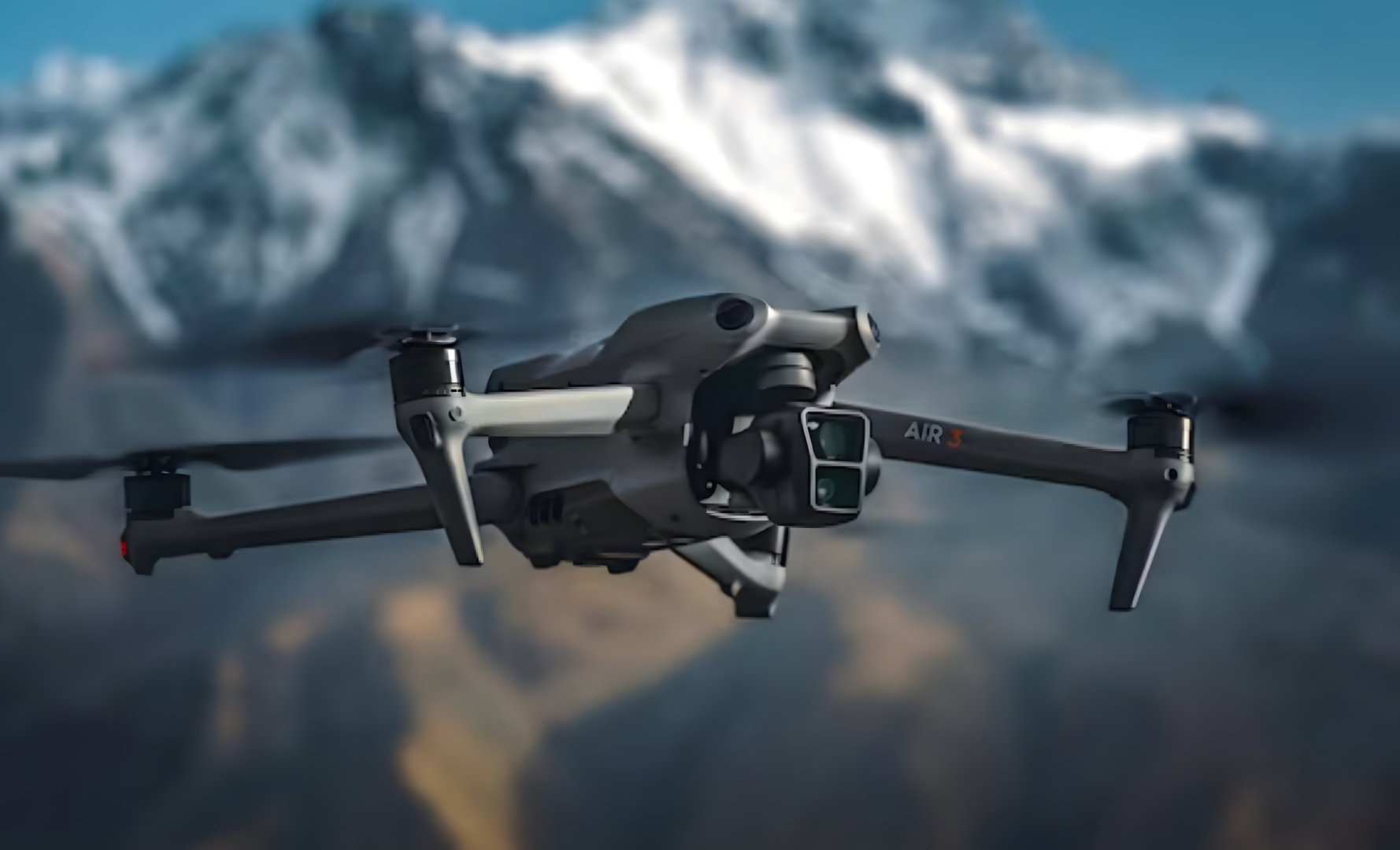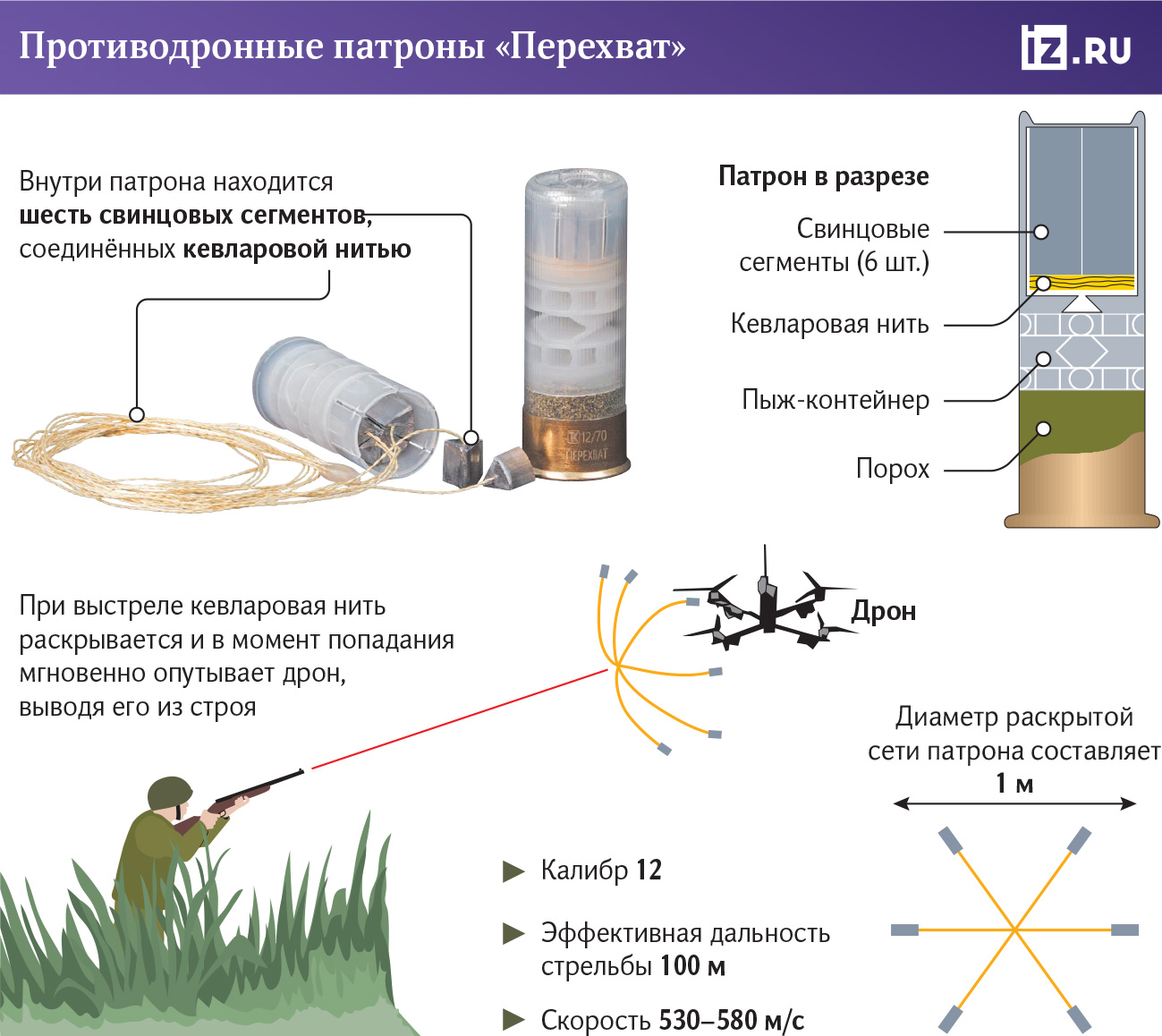The introduction of the Countering CCP Drones Act and the Drones for First Responders (DFR) Act has ignited debate in the United States over national security and local safety.
Despite federal restrictions, local police, firefighters, and rescue workers continue to favor Chinese drones due to their advanced technology and cost-effectiveness.
Banning Chinese Drones
In 2017, the U.S. Army banned DJI drones due to cybersecurity concerns. In April 2023, Florida prohibited public safety agencies from using unapproved drones, including those from China, citing espionage risks. This move faced backlash from first responders and some lawmakers.
Connecticut tried to implement a similar ban but did not succeed.
Legislation Against Chinese Drones
U.S. lawmakers are advancing legislation to block Chinese-made drones. The Countering CCP Drones Act, included in the draft of the National Defense Authorization Act (NDAA) for fiscal year 2025, aims to prevent new DJI products from entering the U.S. market by adding DJI to the Federal Communications Commission’s (FCC) ‘Covered List.’ This would stop the FCC from approving new DJI equipment in the U.S. Existing DJI drone users wouldn’t be immediately affected, but the federal government could ban their use in the future.
The Drones for First Responders (DFR) Act seeks to enhance national security while supporting U.S. drone manufacturing. It proposes tariffs on Chinese drones, starting at 30% and increasing annually by 5%, to make U.S.-produced drones more competitive. Revenue from these tariffs would fund American drone purchases for public safety departments.
China’s Drone Dominance
Da Jiang Innovations (DJI) dominates about 70% of the global commercial drone market and 80% of the U.S. market. DJI is reportedly collaborating with U.S.-based Anzu Robotics to license its technology for American sales. Hong Kong-based Cogito Tech Company Limited, which registered with the FCC in August 2023, also markets drones similar to DJI products in the U.S.
Even American company Skydio uses Chinese-manufactured parts in its drones.
Popularity of Chinese Drones in the US
Chinese drones remain popular among U.S. law enforcement agencies, despite federal restrictions. Agencies in states like Kentucky, New Jersey, and Connecticut use their budgets to purchase these drones due to their cost-effectiveness. Higher tariffs have not deterred these agencies from buying Chinese drones.
Affordability vs. Security
The main appeal of Chinese drones is their affordability and advanced technology. U.S.-made drones are three to four times more expensive and lack the same technological sophistication. Labor costs, production scale, and custom chipset expenses are major barriers to reducing prices for U.S. manufacturers.
The Association for Uncrewed Vehicle Systems International (AUVSI) attributes the price disparity to DJI's dominance and Chinese government subsidies. AUVSI points out that U.S. manufacturers struggle to secure funding to expand production as demand favors cheaper Chinese drones.
While U.S. manufacturers focus on cost and technology, the federal government is primarily concerned with security.
Security Concerns
Defense experts warn about the potential data collection risks of DJI drones. Although various U.S. government agencies continue to buy Chinese drones, there are ongoing warnings about the security risks.
Market Dominance
Chinese drones hold 92% of the first responder market in the U.S. DJI, without revealing exact U.S. revenue figures, confirmed that the U.S. remains one of its largest markets outside China. The company denies allegations of data backdoors for the Chinese government and claims its drones can operate offline without internet connectivity.
DJI criticized the DFR Act's higher taxes and potential bans on Chinese drones as ‘xenophobia’ disguised as national security concerns.





:quality(70)/cloudfront-us-east-1.images.arcpublishing.com/archetype/PLQ3TXQPZJG5VGI3GI3JIUW4HE.jpg)

